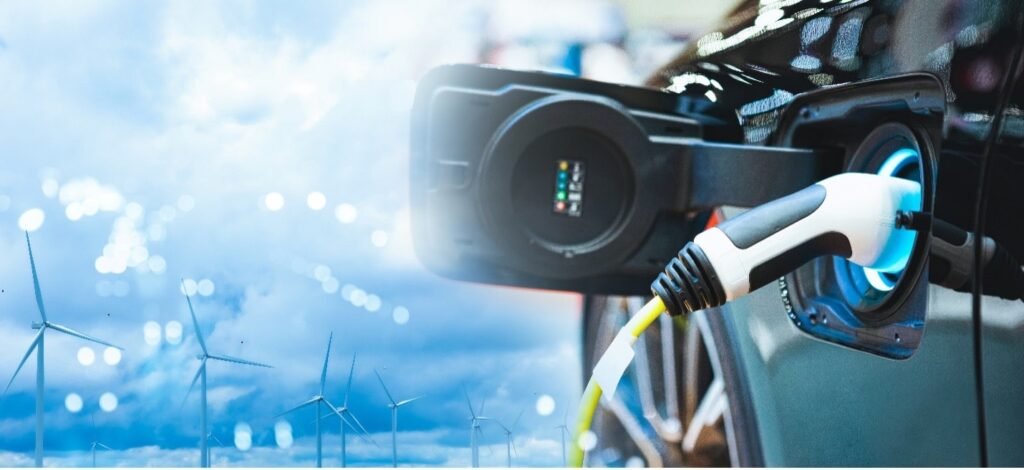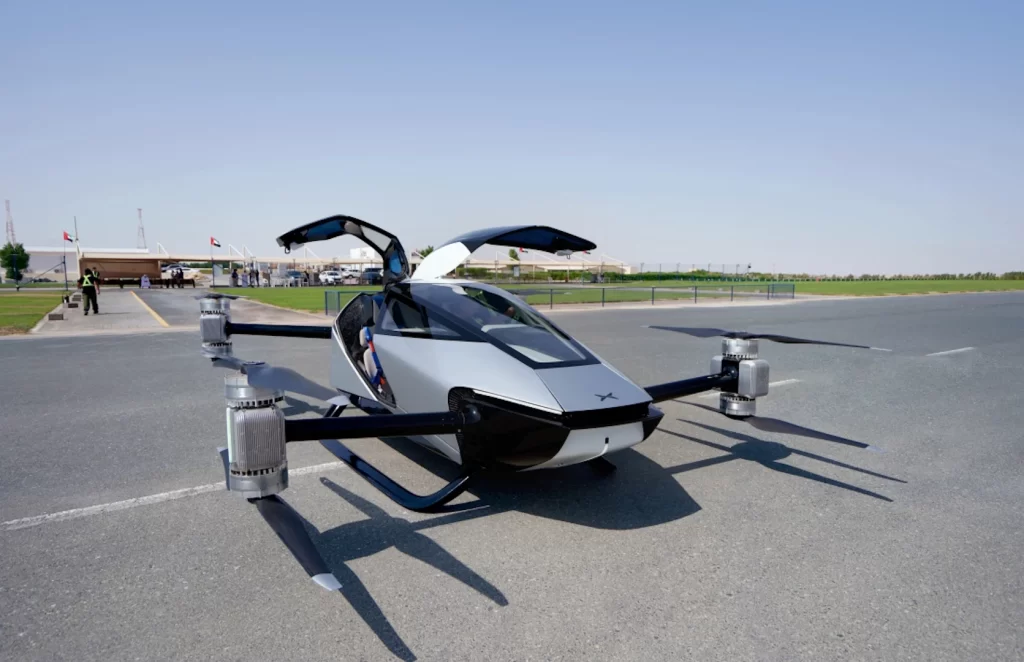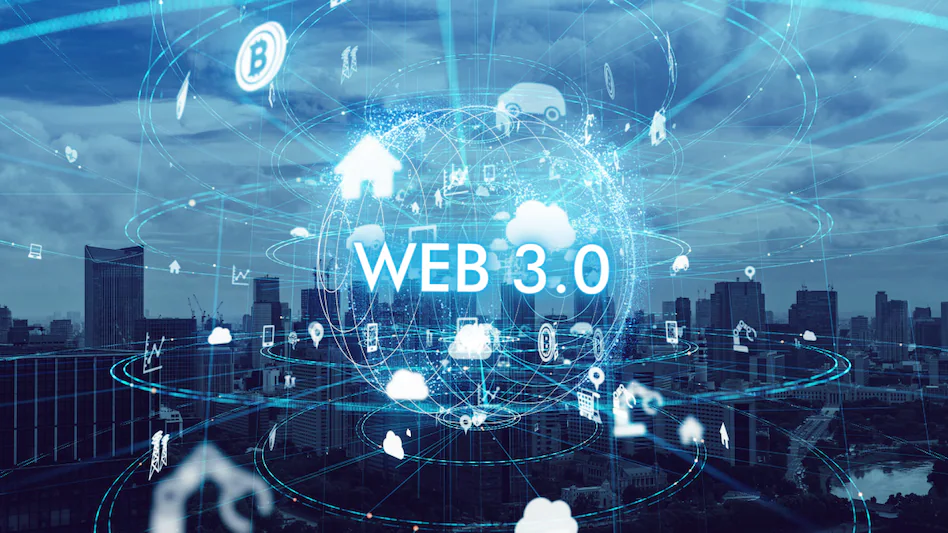Archive for July 2023
Taking Control of Streaming Healthcare Data
CRISP (Chesapeake Regional Information System for our Patients), a nonprofit healthcare information exchange (HIE), collaborated with Slalom to build a Databricks data lakehouse architecture initially in response to the analytics requirements driven by the COVID-19 pandemic. Over time, this platform has been expanded to cater to additional use cases. One significant development has been the…
Read MoreManaging Data Encryption in Apache Spark
Apache Spark versions 3.2 and higher provide direct encryption capabilities for sensitive data sets. By configuring specific parameters and DataFrame options, Apache Parquet’s modular encryption mechanism can be activated, encrypting select columns with column-specific keys. Furthermore, the upcoming Spark 3.4 version will introduce support for uniform encryption, where all DataFrame columns can be encrypted using…
Read MoreLabcorp Data Platform Journey: From Selection to Go-Live in Six Months
Join this session to gain insights into Labcorp’s successful transformation of their data platform, transitioning from an on-premises Hadoop environment to AWS Databricks Lakehouse. Labcorp will share valuable best practices and lessons learned throughout the cloud-native data platform selection, implementation, and migration process, which was accomplished within a remarkable six-month timeframe. Unity Catalog played a…
Read MoreDistributing Data Governance: How Unity Catalog Allows for a Collaborative Approach
In this presentation, we will discuss how Akamai, as a leading provider of content delivery network (CDN) and security solutions, effectively manages its vast data assets using Unity Catalog. With thousands of data assets, ranging from small to multiple petabytes in size, Akamai faces the challenge of maintaining a unified governance model across its numerous…
Read MoreUS government’s proposal to boost EV sales is challenging but not impossible
The US government is proposing to revise auto emissions standards, which would require automakers to significantly increase the sale of electric vehicles (EVs). Under the plan, EVs are expected to make up approximately two-thirds of all new cars sold in the United States by 2032. Moody’s industry analyst Matthias Heck suggests that without these requirements,…
Read MoreMicrosoft can close its Activision merger, federal judge rules
In a significant legal development, a federal judge at the US District Court for the Northern District of California has declined to grant an injunction sought by US regulators to block Microsoft’s $69 billion acquisition of Activision Blizzard, a major video game company. This ruling allows Microsoft to proceed with the deal, which will position…
Read MoreFoxconn pulls out of $19 billion chipmaking project in India
In a significant setback for the Indian government’s ambition to establish itself as a tech manufacturing powerhouse, Foxconn, the world’s largest contract electronics manufacturer, has announced the termination of its $19.4 billion joint venture with Vedanta, an Indian metals and energy conglomerate. The decision deals a blow to the government’s plans, even as officials have…
Read MoreA flying car prototype just got an airworthiness certificate from the FAA
Alef Automotive, a California startup, has received certification from the Federal Aviation Administration (FAA) to test its innovative vehicle, which it describes as a flying car. This achievement marks the first time a fully electric vehicle capable of both flying and traveling on roads has gained US government approval. Dubbed the “Model A,” Alef Automotive’s…
Read MoreWeb 2.0 vs web 3.0
The internet has become an integral part of our daily lives, revolutionizing how we connect, communicate, and consume information. Over the years, the internet has evolved from static web pages to interactive platforms, giving rise to Web 2.0. Now, a new era is dawning with Web 3.0, promising even more advanced capabilities and transformative experiences.…
Read MoreKnow about the internet web1.0, web 2.0, and web 3.0
The internet has undergone a remarkable evolution since its inception, transforming from a static information repository to an interactive and immersive digital ecosystem. This evolution can be categorized into three distinct phases: Web 1.0, Web 2.0, and the emerging Web 3.0. In this blog, we will explore the characteristics, advancements, and impact of each phase,…
Read More









